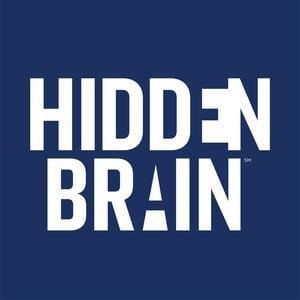
In this episode of Ted Talks Daily, Andrew Leland shares his personal experience of gradually losing his vision due to retinitis pigmentosa. He challenges the common misconceptions about blindness and explores the concept of blindness as a binary and a spectrum.
Andrew Leland, who is gradually losing his vision due to retinitis pigmentosa, challenges the notion of blindness as a binary concept. Despite still being able to see some things, he is legally blind due to severe tunnel vision. This gradual vision loss has prompted him to reflect on the definition of blindness and how it is determined. He introduces the paradox of the heap, a philosophical concept that questions how much vision loss is required to be considered blind. Leland emphasizes that blindness exists on a spectrum, encompassing various degrees of visual impairment.
Leland highlights the misconceptions surrounding blindness, such as the belief that blind people cannot “look” at things. He explains that blind individuals can perceive the world in different ways, utilizing their remaining senses and adaptive techniques. He argues that the term “blindness” should be reserved for those who require assistive technology to navigate their environment effectively. By separating blindness into distinct categories, society perpetuates damaging misconceptions and stereotypes.
Leland challenges the assumption that blind people are limited in their abilities. He emphasizes that blind individuals can accomplish tasks and engage in activities that sighted people can do. By recognizing and celebrating the diverse capabilities of blind individuals, society can break down barriers and foster inclusivity.
Andrew Leland’s personal experience of vision loss due to retinitis pigmentosa offers valuable insights into the concept of blindness as a spectrum. By challenging misconceptions and highlighting the abilities of blind individuals, he encourages a more inclusive and nuanced understanding of blindness. It is essential to recognize the diverse experiences and capabilities of people with visual impairments to create a more inclusive society.